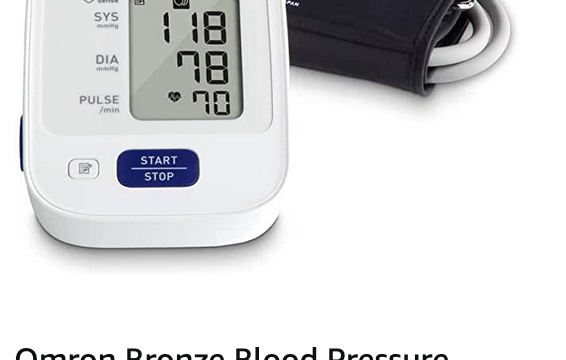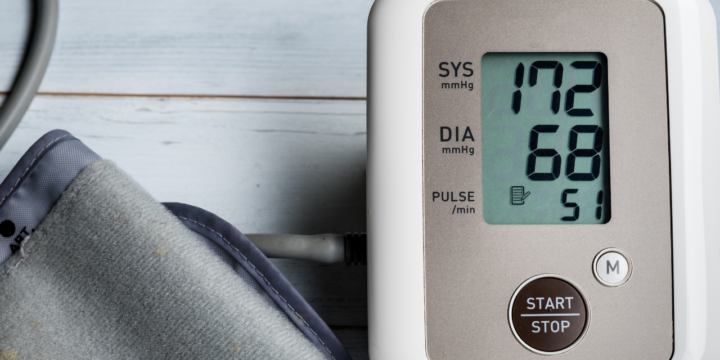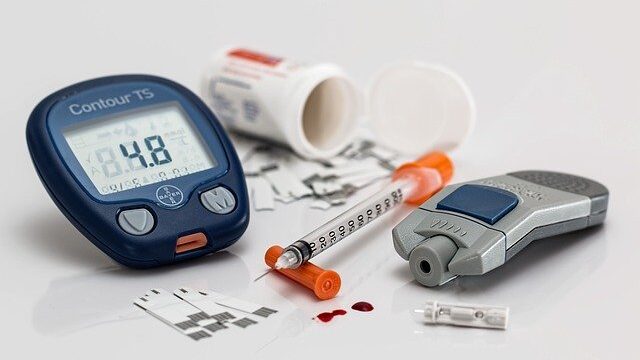Are you a nurse practitioner ready to empower your patients in
managing their blood pressure effectively?
1) The first step is helping patients understand their blood pressure
target goals and the seriousness of severe blood pressure.
2) Encourage patients to discuss these goals with you as their healthcare
provider.
3) Encourage patients to invest in an OMRON blood pressure monitor, easily accessible through this link here.
4) Tracking blood pressure regularly, either on paper or using a free
app, can provide valuable insights. Help them buy into this important
intervention.
5) Recommend monitoring blood pressure every morning and evening, and
prompt patients to report any concerning readings promptly.
6) Help incorporate lifestyle changes by encouraging patients to engage in a daily 20-minute walk and consume at least three servings of fruit (such as apples, bananas, and oranges) and two servings of vegetables (like broccoli and spinach) daily.
7) Adequate hydration is also crucial; advise patients to drink at least 64 ounces of water daily, or half their body weight in ounces with a squeeze of lemon.
Hypertension Resistant To Treatment can help you to help patients
grasp the importance of proactive management.
The platform aims to equip nurse practitioners and individuals with
the necessary knowledge, training, resources, and support to manage
uncontrolled blood pressure effectively, reducing reliance on
excessive medication.
For those struggling with uncontrolled blood pressure, this resource offers a comprehensive approach, emphasizing the importance of acquiring the skills needed for successful management.
Whether patients lack health literacy, face disparities in healthcare
access, hold certain beliefs, or have had negative experiences with
healthcare providers, Hypertension Resistant To Treatment seeks to
address these barriers.
This initiative is inclusive, catering to adults grappling with
uncontrolled blood pressure who are eager to take charge of their
health.
Through the provided information, training, resources, and support,
patients can work in tandem with you as their healthcare providers to
achieve optimal blood pressure control in as little as 30 days.
Subscribe to the blog for ongoing guidance and support on your journey
towards helping your patients to have better health.
Mastering Resistant Hypertension Diagnosing and Treating for NPs click here
Disclaimer: The views and opinions expressed on this website are my own and do not represent the official position or policies of my employer or any affiliated organization. Any information shared here is intended for educational and informational purposes only, based on my personal expertise and research.










